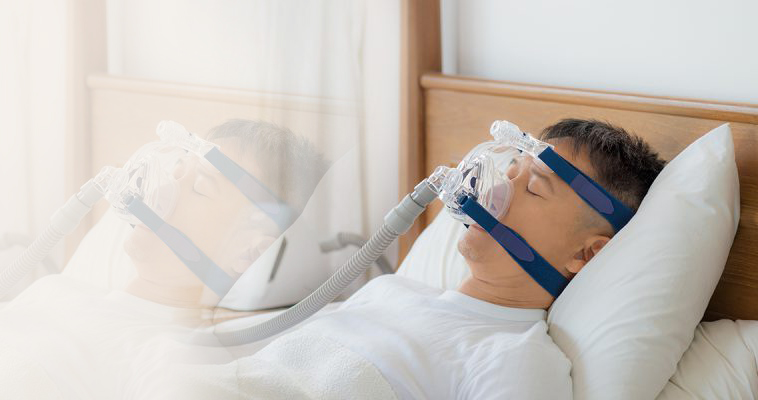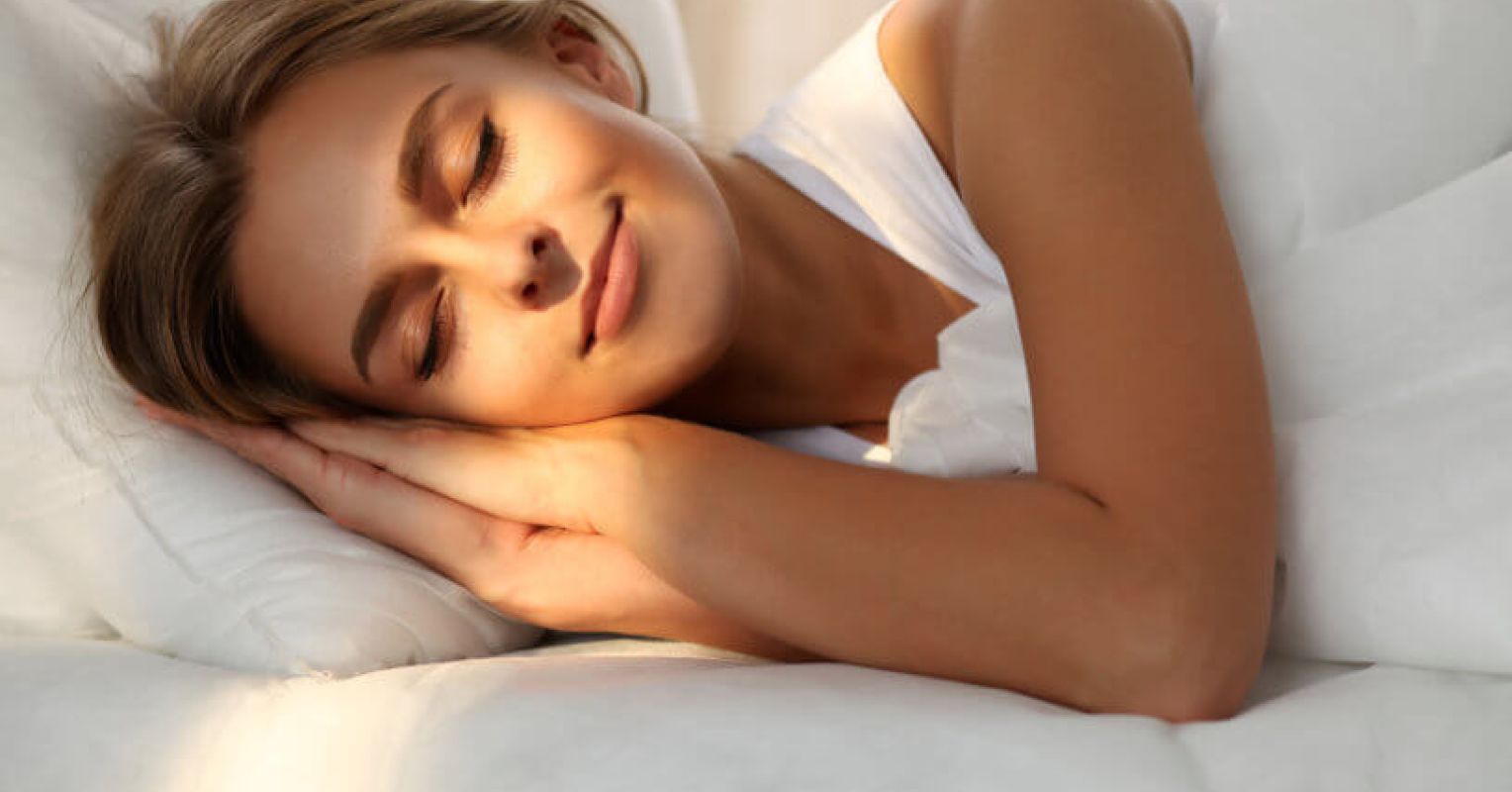Experienced Insomnia Specialist - Personalized Take Care Of Better Sleep
Experienced Insomnia Specialist - Personalized Take Care Of Better Sleep
Blog Article
Effective Therapy Solutions for Taking Care Of Sleep Disorders and Enhancing Relaxed Rest
In the world of health care, the monitoring of sleep conditions and the mission for relaxed sleep are critical parts of overall wellness. As we browse the complex landscape of sleep problems and seek to improve our rest experience, a much deeper understanding of these therapy services may hold the key to unlocking a more rejuvenating and meeting corrective trip.
Cognitive Behavior Modification for Sleeplessness (CBT-I)
Cognitive Behavior Modification for Insomnia (CBT-I) is an organized, evidence-based treatment strategy that focuses on dealing with the hidden elements adding to sleep disruptions. This type of treatment aims to change actions and thoughts that aggravate insomnia, inevitably advertising healthy sleep patterns. CBT-I normally entails several crucial components, including cognitive treatment, rest restriction, stimulation control, and rest health education and learning.
Cognitive treatment aids people recognize and change unfavorable idea patterns and beliefs regarding sleep that may be impeding their ability to drop or stay asleep. Sleep restriction includes limiting the amount of time invested in bed to match the individual's actual sleep period, therefore raising sleep efficiency (sleep disorder treatment). Stimulus control strategies aid develop a strong organization between the bed and sleep by encouraging people to visit bed just when sleepy and to avoid taking part in boosting tasks in bed
Furthermore, rest hygiene education focuses on developing healthy and balanced sleep practices, such as keeping a regular rest routine, producing a relaxing bedtime regimen, and maximizing the sleep environment. By dealing with these elements adequately, CBT-I provides a reliable non-pharmacological intervention for taking care of insomnia and enhancing overall rest quality.
Rest Health Practices
Having established the structure of cognitive restructuring and behavioral alterations in resolving insomnia through Cognitive Behavior modification for Insomnia (CBT-I), the focus currently shifts in the direction of checking out crucial Sleep Hygiene Practices for keeping ideal sleep top quality and overall well-being.
Rest hygiene practices encompass a variety of behaviors and environmental variables that can dramatically influence one's ability to drop off to sleep and stay asleep throughout the night. Consistent sleep and wake times, producing a relaxing going to bed regimen, and enhancing the sleep atmosphere by keeping it dark, quiet, and cool are essential components of good rest hygiene. Limiting direct exposure to displays prior to going to bed, preventing energizers like high levels of caffeine near bedtime, and involving in normal physical task throughout the day can additionally advertise better rest quality.
In addition, exercising leisure methods such as deep breathing workouts or meditation before bed can aid relax the mind and prepare the body for rest. By incorporating these sleep health techniques into one's everyday routine, individuals can develop a healthy rest pattern that sustains relaxing rest and general well-being.
Relaxation Strategies and Mindfulness
Executing relaxation strategies and mindfulness methods can play an essential function in promoting a feeling of tranquility and advertising quality rest. cognitive behavioral therapy for insomnia (CBT-I). These techniques intend to peaceful the mind, lower stress, and create an optimum setting for relaxing rest. One widely exercised method is deep breathing exercises, where people concentrate on sluggish, deep breaths to loosen up the body and mind. Dynamic muscular tissue leisure involves tensing and then releasing each muscle team, promoting physical relaxation. Additionally, guided imagery can assist carry individuals to a calm location in their minds, helping in stress decrease and improving sleep quality.
By including these techniques into a bedtime regimen, people can indicate to their advice bodies that it is time Going Here to unwind and prepare for rest. On the whole, integrating leisure methods and mindfulness practices can significantly add to handling sleep disorders and boosting general sleep top quality.

Medicine Options for Sleep Disorders
After exploring leisure strategies and mindfulness practices as non-pharmacological interventions for boosting sleep quality, it is necessary to think about medicine alternatives for people with sleep conditions. In instances where way of living changes and treatment do not give sufficient relief, medicine can be a valuable tool in handling sleep disruptions.
Commonly prescribed medications for rest problems include benzodiazepines, non-benzodiazepine hypnotics, antidepressants, and melatonin receptor agonists. Benzodiazepines, such as diazepam, are sedatives that can help cause sleep, however they are commonly suggested for short-term use due to the risk of dependancy. Non-benzodiazepine hypnotics like zolpidem are additionally utilized to deal with sleeping disorders and have a lower risk of dependancy contrasted to benzodiazepines. Antidepressants, such as trazodone, can be useful for people with co-occurring clinical depression and rest disruptions. Melatonin receptor agonists, like ramelteon, target the body's all-natural sleep-wake cycle and can be practical for regulating sleep patterns.
It is vital for individuals to talk to a healthcare copyright to figure out one of the most ideal medicine option based on their certain sleep condition and medical background.
Light Therapy for Circadian Rhythm Law
Light therapy, also recognized as phototherapy, is a non-invasive treatment method made use of to regulate circadian rhythms and enhance sleep-wake cycles. This therapy entails exposure to brilliant light that imitates all-natural sunshine, which aids to reset the body's body clock. By exposing people to particular wavelengths of light, usually in the early morning or evening depending on the preferred result, light therapy can properly change the body clock to promote wakefulness during the day and improve relaxing sleep in the evening.
Research study has shown that light therapy can be specifically valuable for individuals with circadian rhythm disorders, such as delayed rest stage disorder or jet lag. It can also be handy for those experiencing seasonal depression (SAD), a kind of clinical depression that generally takes place throughout the winter months when all-natural light direct exposure is minimized. Light treatment is generally well-tolerated and can be made use of in conjunction with other therapy approaches for rest conditions to maximize end my link results and boost general sleep high quality.
Final Thought
Finally, efficient treatment options for managing rest problems and boosting relaxed rest include Cognitive Behavioral Therapy for Sleeping Disorders (CBT-I), sleep health techniques, leisure methods and mindfulness, drug choices, and light treatment for body clock regulation. These approaches can assist individuals boost their sleep top quality and general health. It is very important to speak with a healthcare service provider to establish the most appropriate strategy for dealing with sleep concerns.
As we browse the complex landscape of sleep disorders and look for to enhance our sleep experience, a deeper understanding of these treatment options may hold the key to unlocking an extra relaxing and fulfilling corrective journey.
Rest limitation entails limiting the quantity of time spent in bed to match the person's real sleep duration, consequently increasing sleep performance. Constant rest and wake times, producing a relaxing bedtime routine, and maximizing the sleep environment by maintaining it dark, peaceful, and cool are essential elements of excellent sleep hygiene. Light treatment is normally well-tolerated and can be utilized in combination with other therapy methods for rest problems to optimize end results and enhance general rest quality.

Report this page